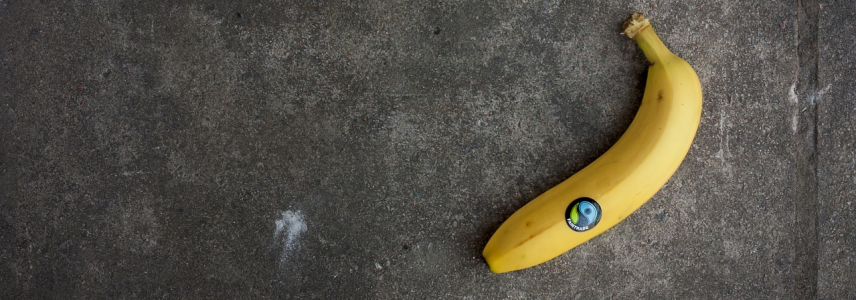Sustainability at Fruit Logistica

The fresh fruit and vegetable sector has been a frontrunner in the field of sustainability and social compliance. Fresh is often a central theme in retail. At the Fruitnet conference World of Fresh Ideas at Fruit Logistica 2020, sustainable sourcing of fresh products was one of the main subjects.
Environmental and social compliance are essential for suppliers. Most supermarkets and many larger import companies in Europe ask for at least one sustainable and one social certification from the SIFAV Basket of Standards. It is quite simply unthinkable to do business without one anymore. For example, the Greenery has committed to the objectives of the Sustainability Initiative Fruit and Vegetables (SIFAV).
Licence to operate
At the Fruit Logistica conference, the GlobalGAP organisation argued that today sustainable compliance is a licence to operate. Companies can use sustainability as a strategy for added-value and storytelling. However, market standards and certification have become must-haves. For example, GlobalGAP is an essential certification for European supermarket chains. Certifications are often proof of good conduct for private business relations. In the meantime, European legislation is also catching up.
In 2018, the European non-financial reporting Directive (2014/95/EU) came into effect. This made large companies disclose information regarding their impact on society and the environment. The European Commission published Guidelines on non-financial reporting and a Supplement on reporting climate-related information. These guidelines ensure reporting is done in a comparable manner. However, a 2019 Research Report carried out by the Alliance for Corporate Transparency shows much more needs to be done to improve reporting on human rights & sustainability.
Measuring sustainability
One of the main challenges in sustainability and social reporting is measurement. According to Rabobank analyst and speaker Cindy van Rijswick, metrics will become key. For example, in calculating carbon footprints or true cost accounting. The key environmental issues which need to be addressed are the use of water, chemicals and energy, food waste and loss, and packaging. On a social level, attention for a living wage has increased. For example, Sustainable Trade Initiative IDH has taken steps to measure and benchmark a living wage for banana producers in Costa Rica. IDH also realised the first nation-wide commitment from retailers in the Netherlands to close the living wage gap in the banana supply chain.
Fruit Logistica 2020 was a wake-up call for all businesses in the fresh sector. The supply chain not only requires proof of good conduct through certifications. The sector as a whole needs to change its mindset for a sustainable future.
Read CBI’s study on buyer requirements for tips on how to prepare yourself for European buyer requirements.
This news article was written for CBI by ICI Business
Stay informed
To stay informed on the latest developments in Fresh Fruit and Vegetables, make sure to subscribe to our newsletter.